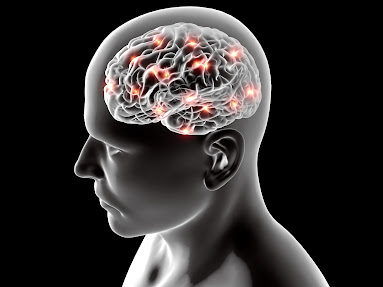Contributed by: Dennis Fortier, President, Medical Care Corporation
________________________________________________
Sometimes, a lot of press coverage is devoted to an interesting misinterpretation of a fact that, once correctly understood, is not nearly as interesting. This is one of those times.
Over the past week, I have seen intense
coverage of a story about how friends and family are better at spotting early signs of Alzheimer's dementia compared to traditional tests that a doctor might use. This sounds great until you unpack the headline and understand the facts.
Even Mild Dementia is a Severe State of HealthThe problem, as we point out often in this space, is the definition of "dementia". Even mild dementia, which sounds like a subtle condition, is actually a severely impaired state of mental health. To meet the
definition of dementia, even mild dementia, a patient must be so impaired that their loss of function interferes with their occupational or social life. Demented people, even mildly demented people, cannot completely care for themselves.
Detecting Dementia does not Require a TestWith this is mind, many experts make the case (and I agree with them), that a test for dementia is not necessary. Dementia is a readily apparent condition that a friend or family member should easily recognize. The fact that doctors still use tests that cannot accurately distinguish between a demented person and a non-demented person is indicative of ineffective clinical practices.
For the record, there are newer,
more accurate tests, such as the MCI Screen, that detect dementia with almost perfect accuracy. More importantly, they also identify much earlier and subtler stages of decline known as
mild cognitive impairment. However, this current finding from Washington University and
published in
Brain, compared the ability of friends and family at spotting spot Alzheimer's dementia with the accuracy of "traditional" tests. This is a clear and damming comment about the poor accuracy and minimal utility of the "traditional" test they used for comparison, the Mini-Mental State Exam (MMSE).
In this study, input was collected with an instrument called the AD8, an eight item questionnaire that is completed, on behalf of the patient, by an informant (friend of family member). It was shown to be better at identifying demented patients than the MMSE. That is great news and the AD8 is a non-invasive tool that would be a pragmatic improvement over the MMSE in a primary care setting.
The Bottom LineI think the most important message, buried in this recent spate of press, is that the traditional tests are not as good as the AD8 at detecting dementia, but detecting dementia doesn't really require a test. To intervene early against Alzheimer's disease, and to reassure healthy patients that their perceived memory decline is not caused by underlying disease, physicians need instruments that accurately detect mild cognitive impairment.
Advances in detecting dementia are not interesting stories, regardless of how much press they get.
--------------------------------------------------------------------------------
A better understanding and more awareness of Alzheimer's related issues can impact personal health decisions and generate significant impact across a population of aging individuals. Please use the share button below to spread this educational message as widely as possible.
















